Asian democracy power unleashed
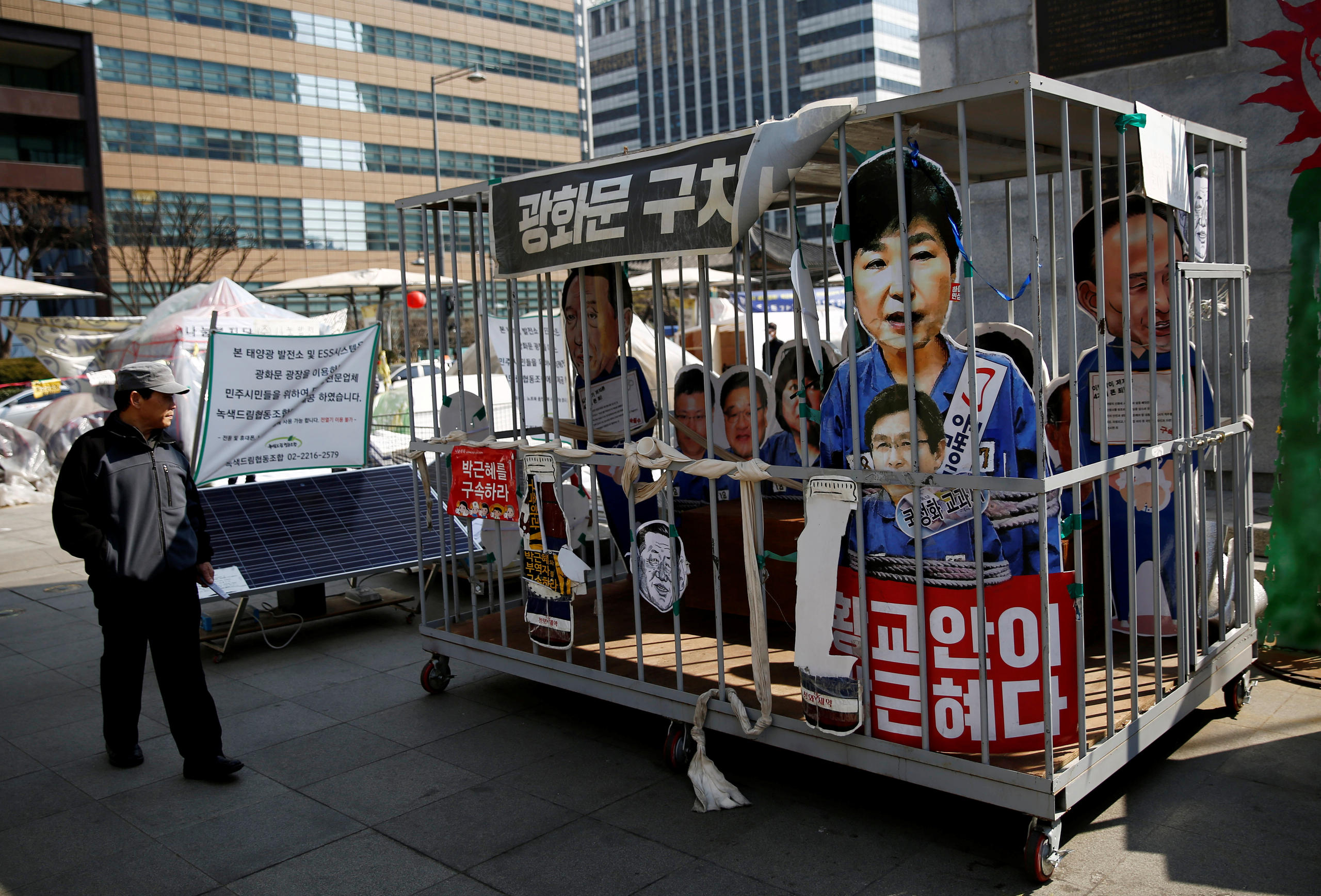
The successful impeachment of South Korean President Park Geun-Hye has the potential to become a historic milestone in the development of modern democracy across Asia. The dramatic events of recent days offer insight into a new alliance between responsible citizen and judicial power.
The judgment by the Constitutional Court of South Korea came as a surprise to controversial President ParkExternal link.
The decision to dismiss the 65-year-old head of state for a host of wrongdoings, including corruption and violating of state secrets, concluded a five-month impeachment process.
Having appointed three out of nine justices in Koreas highest court, President Park and her loyalists couldn’t believe that the parliament’s impeachment decision would be confirmed unanimously.
But that’s what happened on March 10, removing all presidential privileges and protections immediately from a politician who has been an icon of older and conservative Koreans still mourning the military dictatorship of Park’s father, Park Chung-Hee (1961-1979).
Chaebol power
In December 2012 Park was narrowly electedExternal link head of state for a five-year mandate.
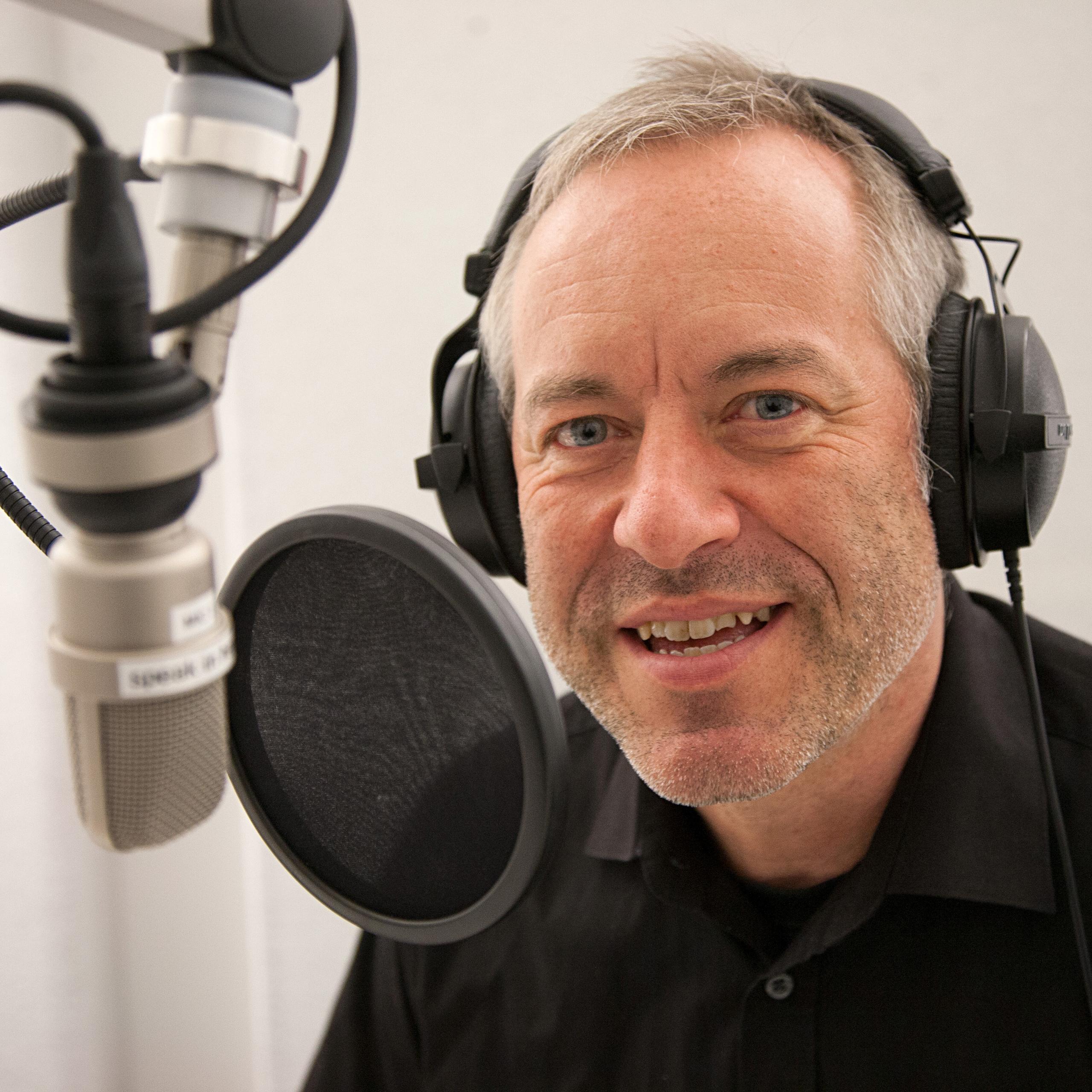
Since last autumn, when most elements of the scandals involving the president had been known, millions of Koreans took to the streets to make their voices heard against both the president and the power structures that involve so-called chaebols, the term for Korean business conglomerates such as Samsung or Hyundai.
The conglomerates’ murky relationships with the presidential palace and secret services have delayed the unleashing of Korea’s democratic potential ever since the peaceful revolution in 1987.
Another obstacle to the development has been is the ongoing divide between the super-modern and economically very successful South Korea and the highly militarised Stalinist North.
Draconian security laws have not prevented the South Korean society from changing and adapting to modern principles of popular sovereignty, as enshrined in the national constitution.
While the dethroned head of state and her remaining supporters – according to polls more than 92% welcomed the judgment of the Constitutional Court – reacted with disbelief to the ruling, millions of Koreans took once more to the streets last weekend to celebrate one of the most important victories for democracy so far in Asia.
This text is part of #DearDemocracy, a platform on direct democracy issues, by swissinfo.ch.
Why is it so important? Traditionally leaders in Confucian-inspired societies enjoy a lot of respect and much power. This cultural tendency is mirrored in political structures that grant far-reaching powers to top political leaders in most countries of the region.
But economic modernisation in Asia has made citizens more self-confident in making their voices heard. Additionally new and strong principles of judicial oversight are implemented.
Asia is now seeing a double process of emancipation against abusive executive power.
The process has gained ground not only in Korea but also in Taiwan, Indonesia and Burma.
However, the movement is not always forward. At the same time, democratic progress has reversed in countries like the Philippines, Thailand and Malaysia – and partly also Japan, where former Prime Minister and current Finance Minister Taro Aso proposed a few years ago to take lessons from Nazi Germany in how to change the nations constitution. In international rankings on media freedom, the country has since then plummetedExternal link.
Participatory wave?
With the citizen-supported impeachment of President Park and the upcoming snap elections of a new president on May 9, South Korea could showcase the best current options, of modern democracy in the years to come.
Already ths dynamic country with more than 50 million inhabitants features some of the most sophisticated local governance models across Asia, including Seoul’s advanced citizen hall structures that offer participatory options across the ten million+ mega city.
By transforming the enormous energy and vitality of the recent “candle protests” into democratic action, a widely conceived participatory reform of the Korean constitution could offer a model for nationwide democracy for big parts of Asia.
South Korea is by many means well-prepared to become such an avant-garde place, as the country has not only good economic preconditions but also an exemplary education system and updated public infrastructure.
The tragic story of the impeached president, whose parents both were assassinated during military dictatorship, continued in the first days after the court decision.
Instead of accepting the judgment and taking responsibility for the wrongdoings, Park silently allowed her most loyal supporters to protest violently against the constitutional court. Three protestors lost their lives during these rallies.

In compliance with the JTI standards
More: SWI swissinfo.ch certified by the Journalism Trust Initiative
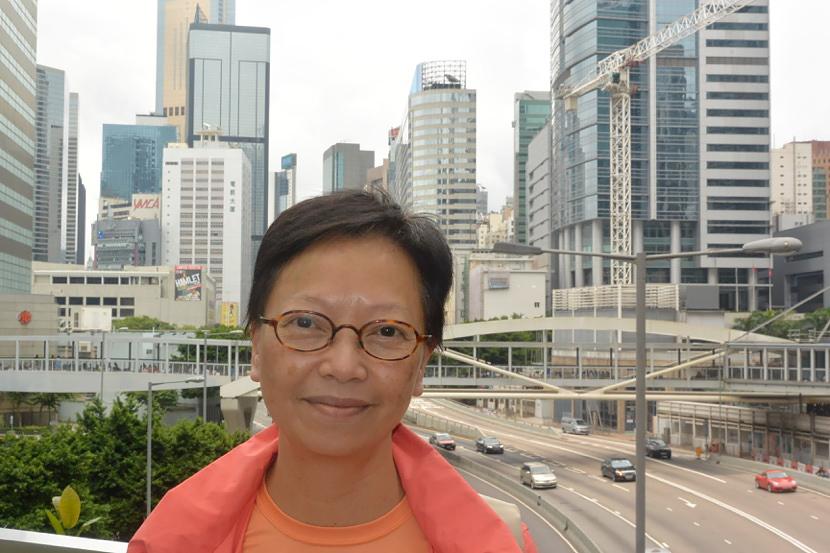
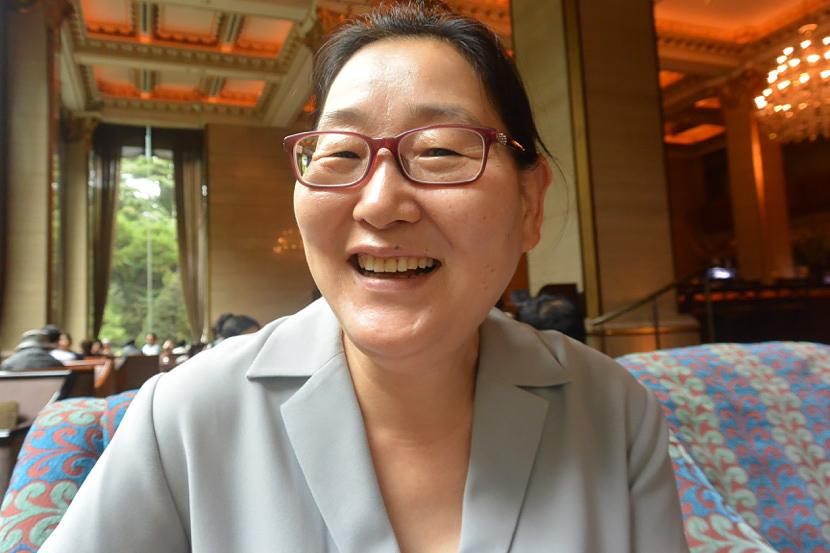
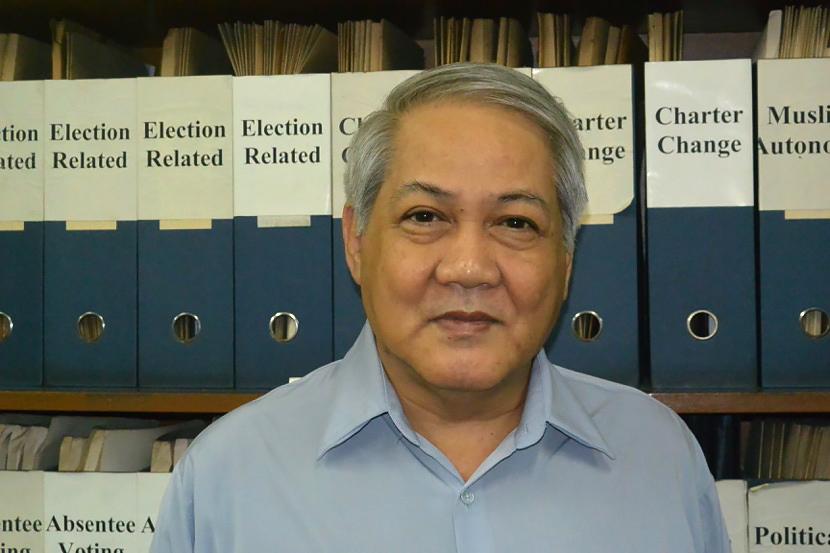
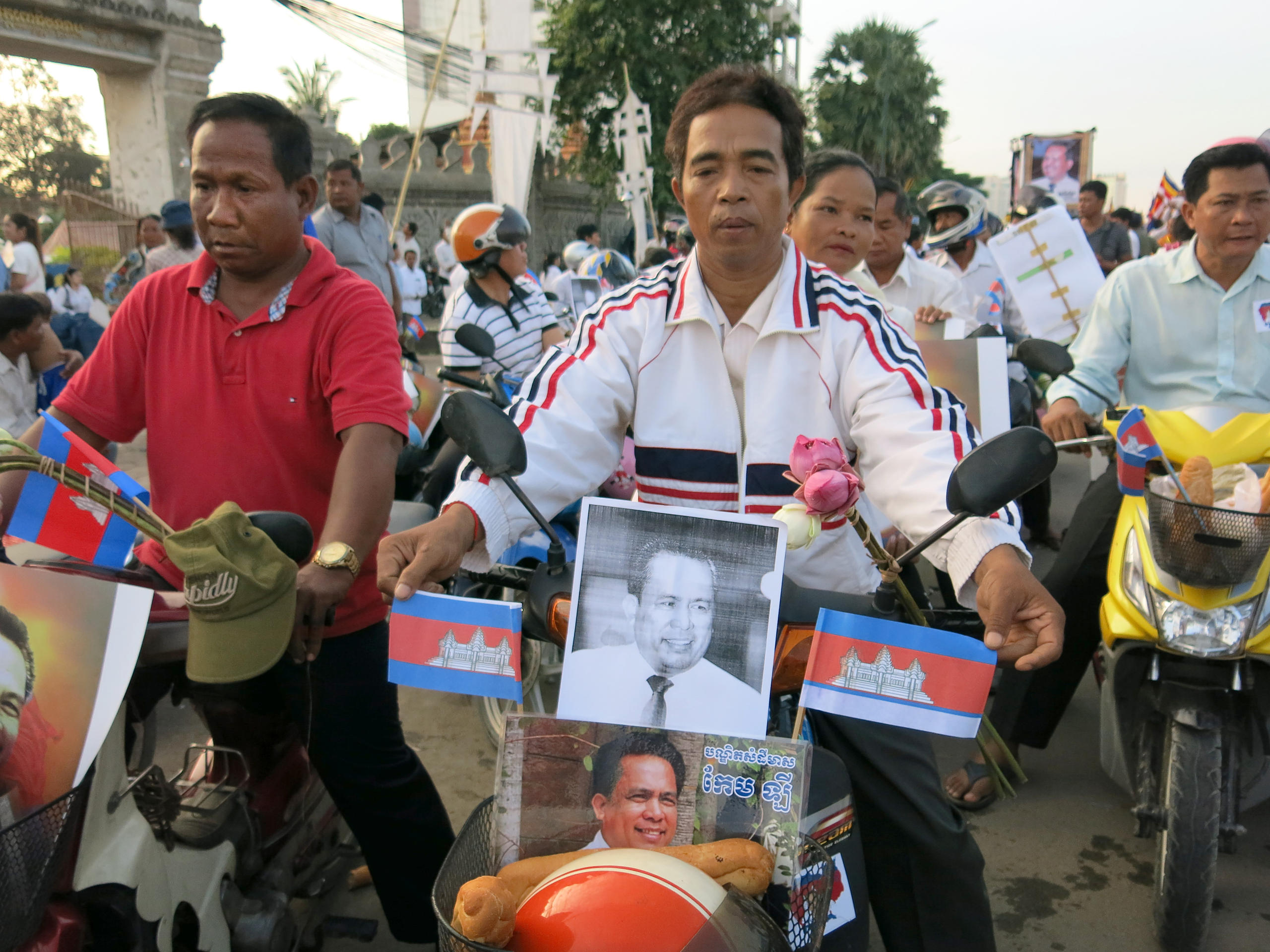
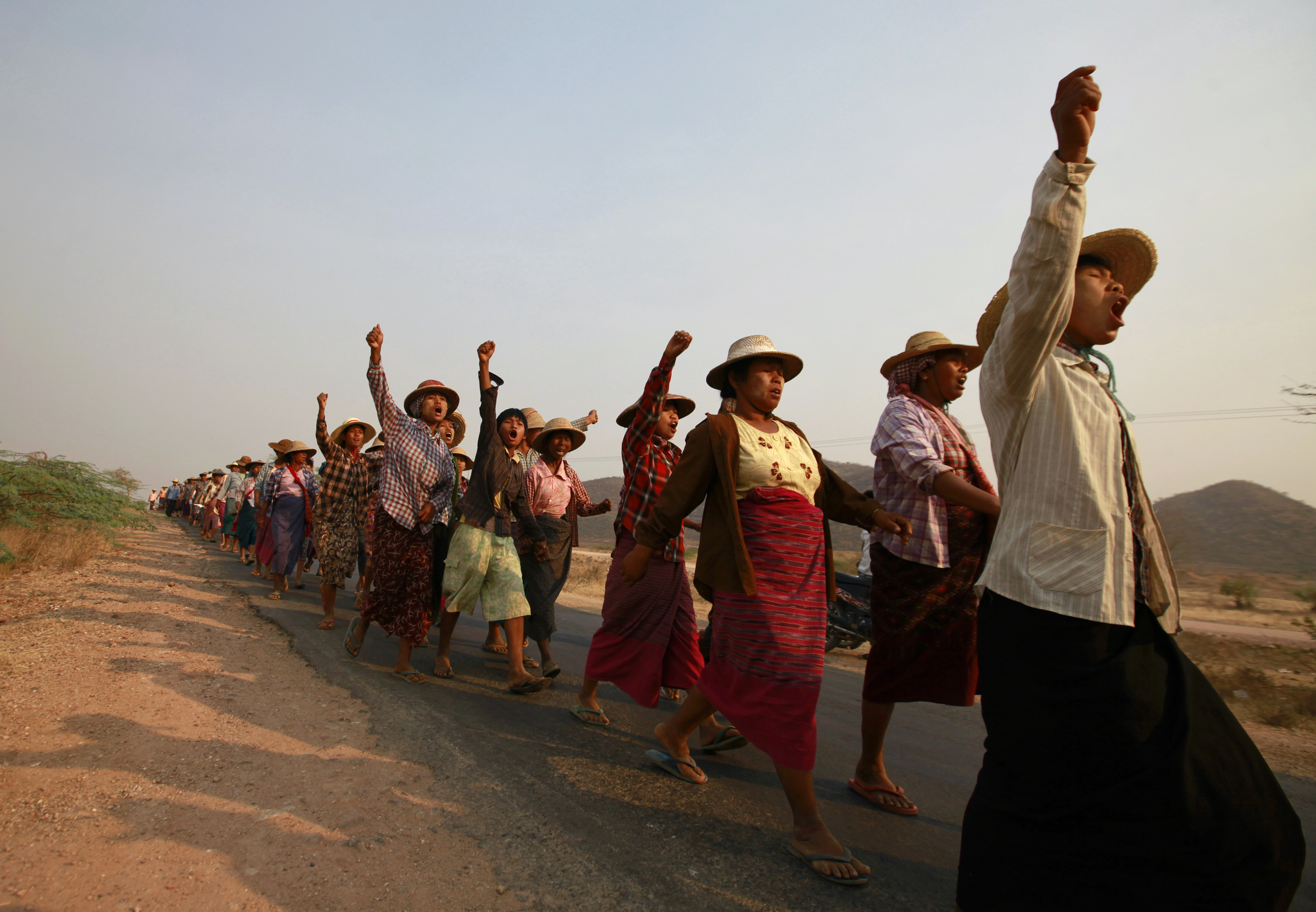
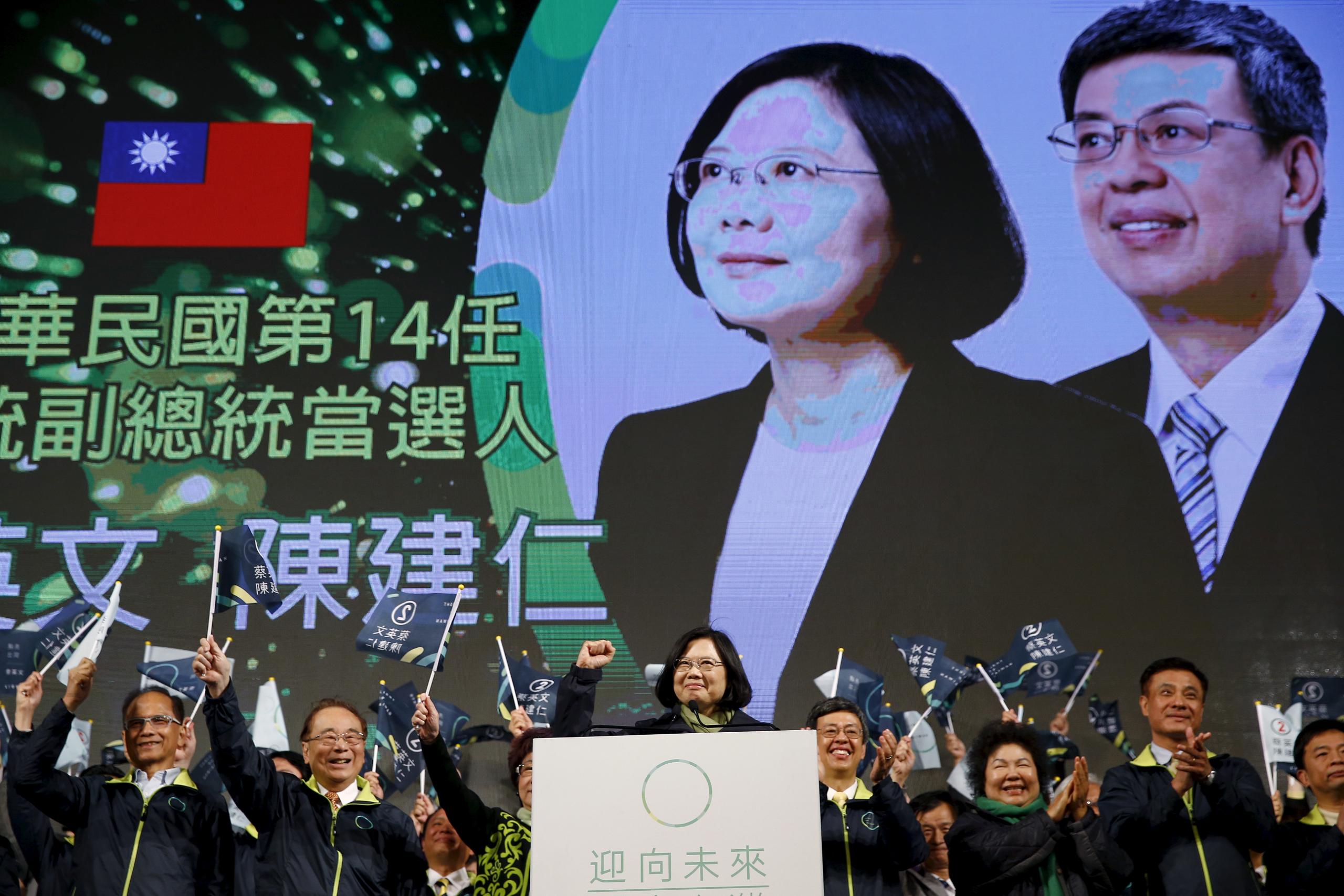



You can find an overview of ongoing debates with our journalists here. Please join us!
If you want to start a conversation about a topic raised in this article or want to report factual errors, email us at english@swissinfo.ch.